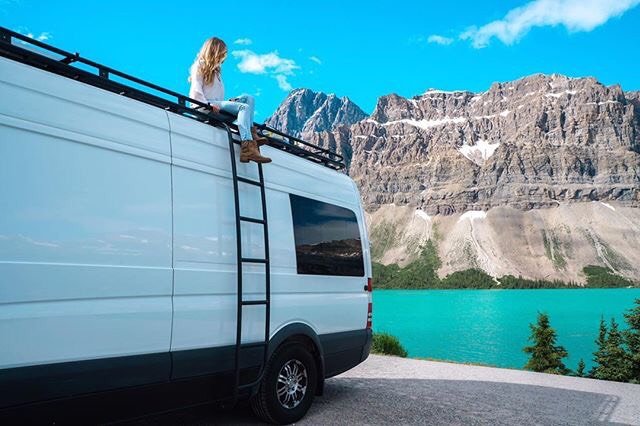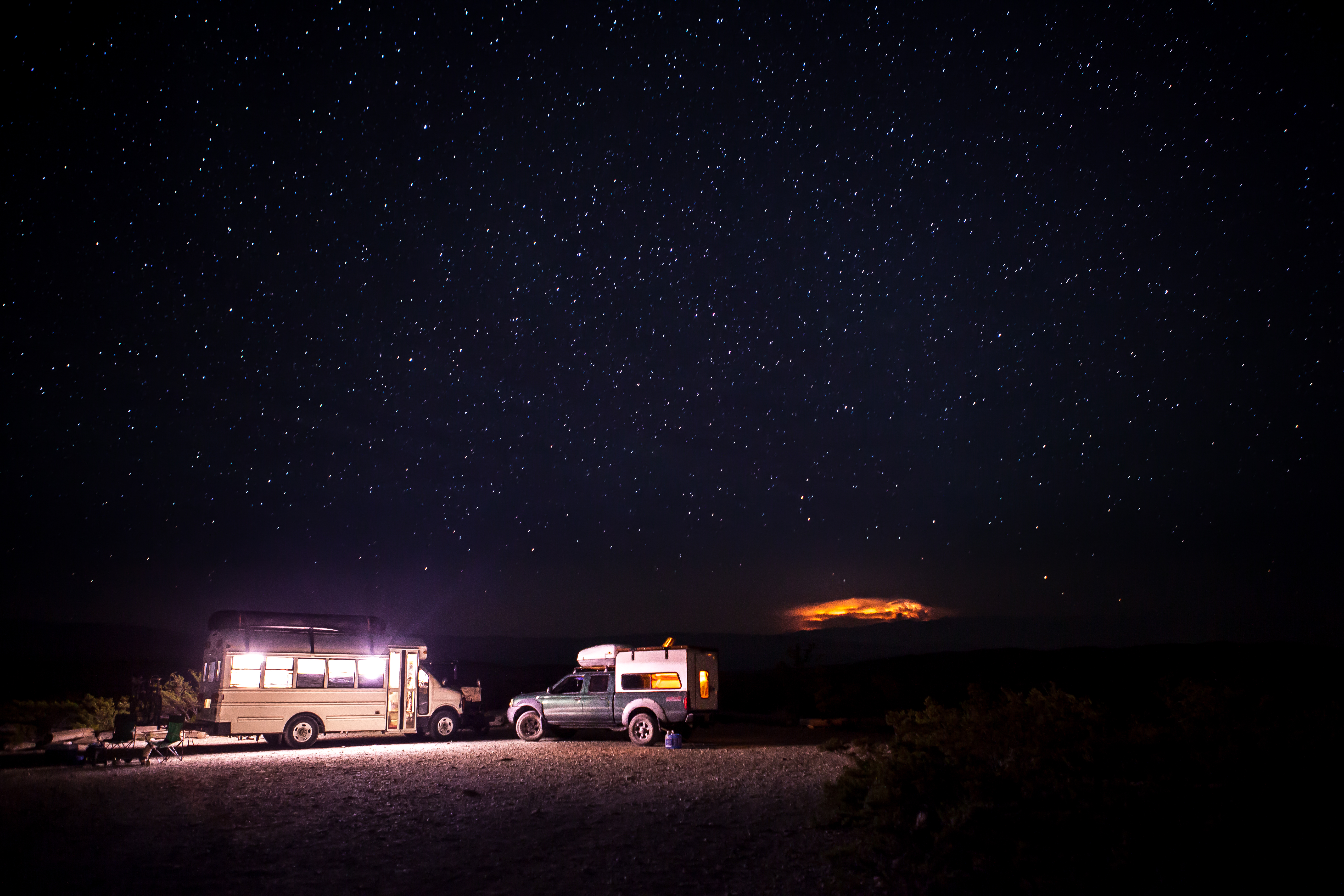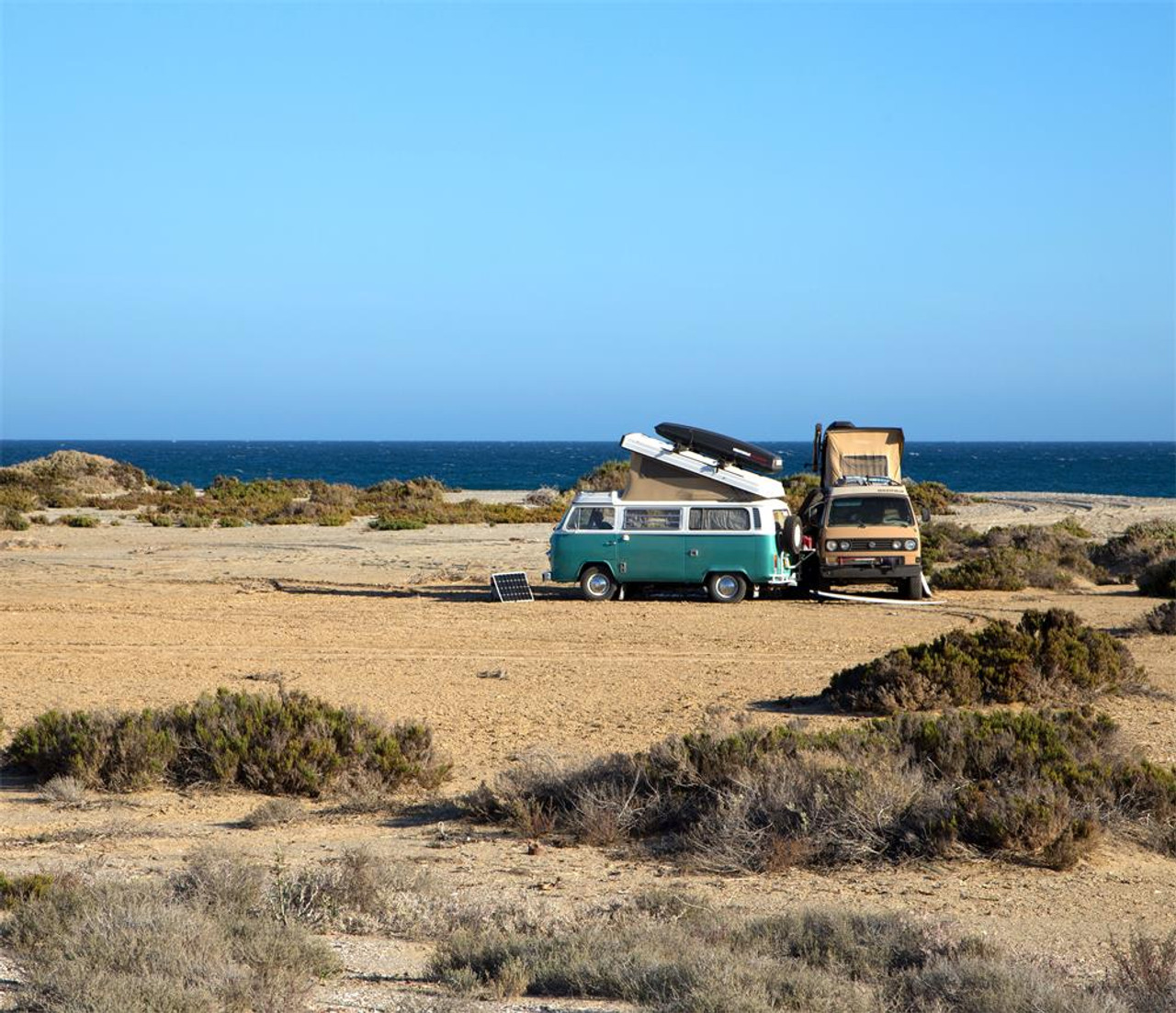Understanding DIY Off-Grid Sytems
What to know about installing an off-grid solar installation on your own?
Going off-grid is a great way to become energy independent, save money, and give you the peace of mind of being able to keep your home powered no matter the circumstances. Although it may seem intimidating at first, it’s never been easier to install solar on your own thanks to a wealth of different solar panel kits that take the headache out of building an efficient, affordable system. What do you need for a DIY off-grid solar installation, and what are the important things to keep in mind when researching your options?

What is off-grid solar?
Off-grid solar systems, also known as stand-alone power systems, produce enough energy through the usage of solar panels and battery storage without having to tap into the electric grid. This means you’ll be collecting enough energy to power all your appliances and devices in your home, making utility bills a thing of the past.
Which is better off grid or on grid solar system?
If any of these apply to you, going off grid can be a great solution:
- I live in a tiny home, cabin, RV, boat, or remote area.
- I want to be energy independent and stop paying money to the utility.
- I live in an area without reliable, steady access to power from the grid.
- I want to live sustainably and lower my carbon-footprint.
Benefits of off-grid solar systems include having access to power during a blackout, making a lower carbon footprint, and putting an end to monthly utility bills. For those living in a tiny home, RV, cabin, boat, or isolated area or are in an area where they don’t have reliable, steady access to power from the grid, off-grid solar can be a great solution.
That being said, if you’re in an area with access to the grid, staying on-grid can be the way to go. Staying on-grid gives you the ability to take advantage of steady access to electricity from the grid and save money by using solar panels to supplement your energy production. Because you’re using energy from multiple sources, this means you’ll be able to meet your energy needs with a smaller, cheaper system.
What do I need for an off-grid solar system?
The key components of off-grid solar installations are solar panels, a charge controller, a battery bank, an inverter, cables, and mounting hardware. Most DIY solar panel kits will include solar panels, charge controllers, cables, and mounting hardware, meaning you still need to buy an inverter and batteries.
Panels
Solar panels, which are made up of many solar cells made of silicon, create an electric current when sunlight hits the panels, they create an electric current. There are a few different solar panel options available to choose from. Panels can be flexible and rigid, as well as monocrystalline or polycrystalline.
Beginners Guide to Solar Panels
What to Know About Flexible Solar Panels
Charge Controllers
The current collected by your solar panels feeds into a charge controller, which controls how much current goes to the battery. Charge controllers monitor that current and prevent your batteries from being overcharged.
Understanding Solar Charge Controllers
Are MPPT Charge Controllers the Best Option?

Batteries
Battery storage is a key part of any off-grid system because your battery bank is where you’ll be able to use the power you’ve collected during the day at times when your panels aren’t producing power, such as at night.
Everything You Need to Know About Solar Batteries
Are Lithium Batteries the Best Option?
Inverters & Hardware
In order to use AC appliances, such as microwaves, laptops, and phone chargers, an inverter is connected to change the power from DC into usable AC. You’ll also need to keep in mind the mounting hardware, components, and solar connectors that complete your entire system.
What to Know About Solar Connectors
How many solar panels do I need to go off the grid?
Having an accurate understanding of your energy needs will give you a better idea of the costs and ensure you don’t under- or over-build a system. The Renogy solar panel calculator is a powerful tool that lets you quickly and easily determine your specific energy needs. The solar sizing calculator allows you to input information about your lifestyle to help you decide on your solar panel requirements. You’ll just need to know what total watts your electronics will consume, how long you plan on running the devices, your charge controller efficiency, and average sun hours per day. The solar panel calculator will then be able to tell you the minimum and recommended system size, as well as the recommended battery output.
Conclusion
Having the ability to power everything in your home using solely the power of the sun is an incredible thing. And it’s not out-of-reach to do it yourself. With DIY solar kits and a bit of research, you can start harnessing and using energy from the sun in no time.








